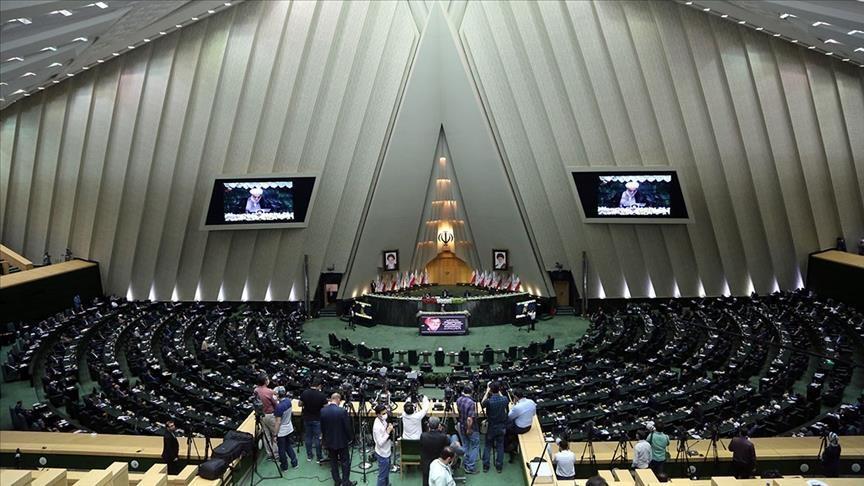
Tehran has further escalated tensions with the United Nations’ nuclear watchdog, distancing itself even more from independent international oversight, amid ongoing debate over the extent of damage inflicted on Iran’s nuclear program by Israeli and U.S. strikes.
Israeli warplanes bombed Iranian nuclear facilities on June 13, with the United States later joining the campaign by targeting three key sites. While the full extent of the damage remains unclear after 12 days of hostilities, the International Atomic Energy Agency (IAEA) has expressed its intention to inspect the affected locations inside the Islamic Republic.
However, over the weekend, Iran announced it would bar IAEA Director General Rafael Mariano Grossi from entering the country, accusing him of legitimizing the joint Israeli-U.S. strikes and acting as a spy on behalf of Israel.
Foreign Minister Abbas Araghchi further charged Grossi with “betraying his duties,” claiming that his insistence on visiting the bombed nuclear sites was “malign in intent.”
Iran’s powerful Guardian Council last week approved legislation that would suspend Tehran’s cooperation with the U.N. nuclear watchdog. The proposed suspension will now be submitted to President Masoud Pezeshkian for final ratification.
Deputy Speaker of Parliament Mohammad Hajibabaei declared that Grossi would no longer be allowed on Iranian soil and that the IAEA would not be permitted to install new surveillance cameras at nuclear facilities.
Another deputy speaker, Ali Nikzad, accused Grossi of lying and warned that “he will definitely pay the price.”
U.S. Secretary of State Marco Rubio condemned calls in Iran for Grossi’s arrest and execution, calling them “unacceptable.”
In an interview with CBS News, Grossi warned that Iran could resume production of enriched uranium within months following the attacks.
“They can have, in a matter of months —or even less— a few cascades of centrifuges spinning and producing enriched uranium,” he said, noting that Iran had previously run a “very vast, ambitious program,” parts of which may still be intact.
Meanwhile, the government has accelerated trials and executions of alleged spies and fast-tracked legislation to expand the use of the death penalty for espionage, following Israeli attacks on its nuclear facilities.
Public has been urged to report suspicious individuals — such as those carrying bags, wearing sunglasses at night, or donning hats, a rare accessory in Iran — as well as vehicles with stolen license plates, covered truck beds or vans moving at odd hours.